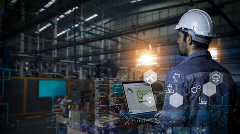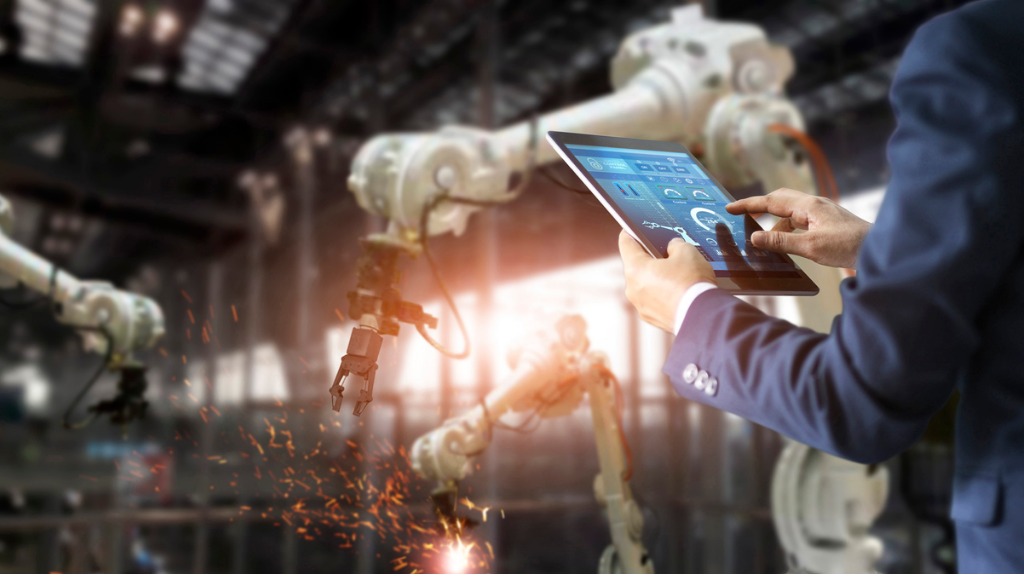What Will Smart Factories Look Like in 20 Years?

If you time-traveled 20 years into the future, would you even recognize your operations? It’s a question to ponder when you look back and reflect on the initial release of the Rockwell Logix control platform. When Logix was first released, it introduced new techniques and methods to address long-standing challenges.
Looking ahead to the next 20 years, the Logix platform and other digital technologies offer even more potential to entirely change how you design, manage and staff operations. With this in mind, here are three concrete and achievable examples of how operations will change in a smart factory within 20 years.
Predictive asset maintenance
- Some organizations today have implemented this capability, but most still use reactive or calendar-based maintenance.
- Predictive asset maintenance works like this: analytics software collects relevant data from PLCs, sensors and other sources, then looks for known patterns that predict failures or anomalies that could lead to a failure.
- This allows maintenance technicians – or perhaps, someday, robots – to fix problems in production assets before they lead to a failure.
- In the coming years, there will even be self-healing assets, including PLCs that can make adjustments on their own and continue running without any servicing.
Collaborative robotics
- The idea of humans and robots working side by side is becoming more prevalent and more acceptable thanks to improvements in safety technologies.
- Instead of using a safety barrier to physically keep people away from robots, collaborative robots can detect a human’s presence and either slow down or stop based on a person’s distance. This has the potential to enhance both safety and productivity.
- Just imagine robots taking over the more physically demanding tasks of production. This could reduce the strain put on workers and, thus, potentially reduce worker injuries. It could also help keep companies productive through challenges like skills shortages.
Mass customization
- Advanced control and more intelligence closer to the production process will help make greater customization possible and transform some industries in the process.
- For example, imagine what bio-pharma production could look like 20 years from now. Fixed, stainless-steel equipment will likely be gone. Instead, workers will move equipment, materials, and tubing from one production area to another.
Bringing transformation to life
- Today’s new control and information technologies will help you realize these and other capabilities in your smart factory of the future. But technologies alone won’t be enough.
- You need a digital transformation strategy that ties your investments to defined problems or outcomes, creates successes that can be replicated elsewhere in your operations and creates a foundation for continuous improvement.
Have our SMC experts provide a custom solution for you, Contact Us for an Installed Based Evaluation.








